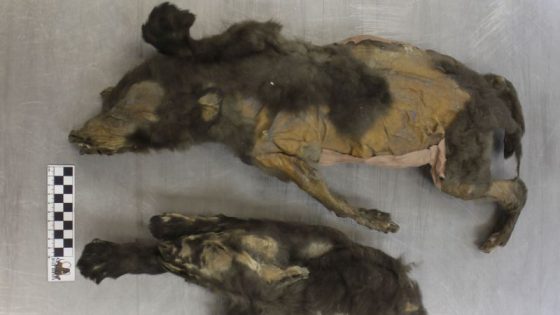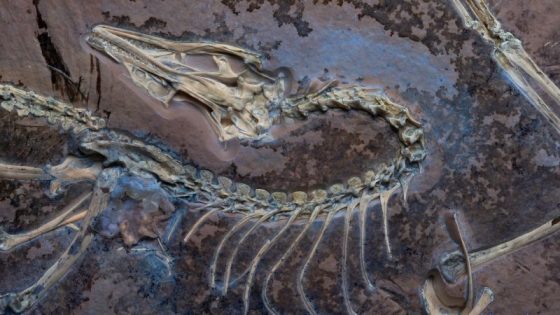Recent discoveries of two well-preserved ice age “puppies” in Northern Siberia have sparked intriguing discussions about their true identity. These remarkable finds, known as the Tumat Puppies, were thought to be early domesticated dogs, but new research suggests they might actually be wolf pups.
- Tumat Puppies may not be domesticated dogs.
- Remains found near human butchering site.
- Genetic analysis suggests they were wolf pups.
- Diet included woolly rhinoceros and small birds.
- Well-preserved specimens provide insights into ice age life.
- Domestication of dogs remains a complex topic.
Found in permafrost, the Tumat Puppies are around 14,000 years old and still contain remnants of their last meals, including woolly rhinoceros meat. This discovery, published on 2025-06-14 17:45:00, reveals insights into the lives of these ancient canids and their environment, challenging previous assumptions about their relationship with humans.
This revelation raises essential questions about the domestication of dogs. Were these pups simply wild wolves, or did they interact with humans? Consider the following points:
- Genetic analysis indicates no signs of domestication.
- Their diet mirrors that of modern wolves, primarily consisting of meat and plants.
- They likely lived independently, without human influence.
As researchers delve deeper into ancient remains, they may uncover more about the intricate relationship between humans and canids, paving the way for future discoveries in evolutionary biology.
































